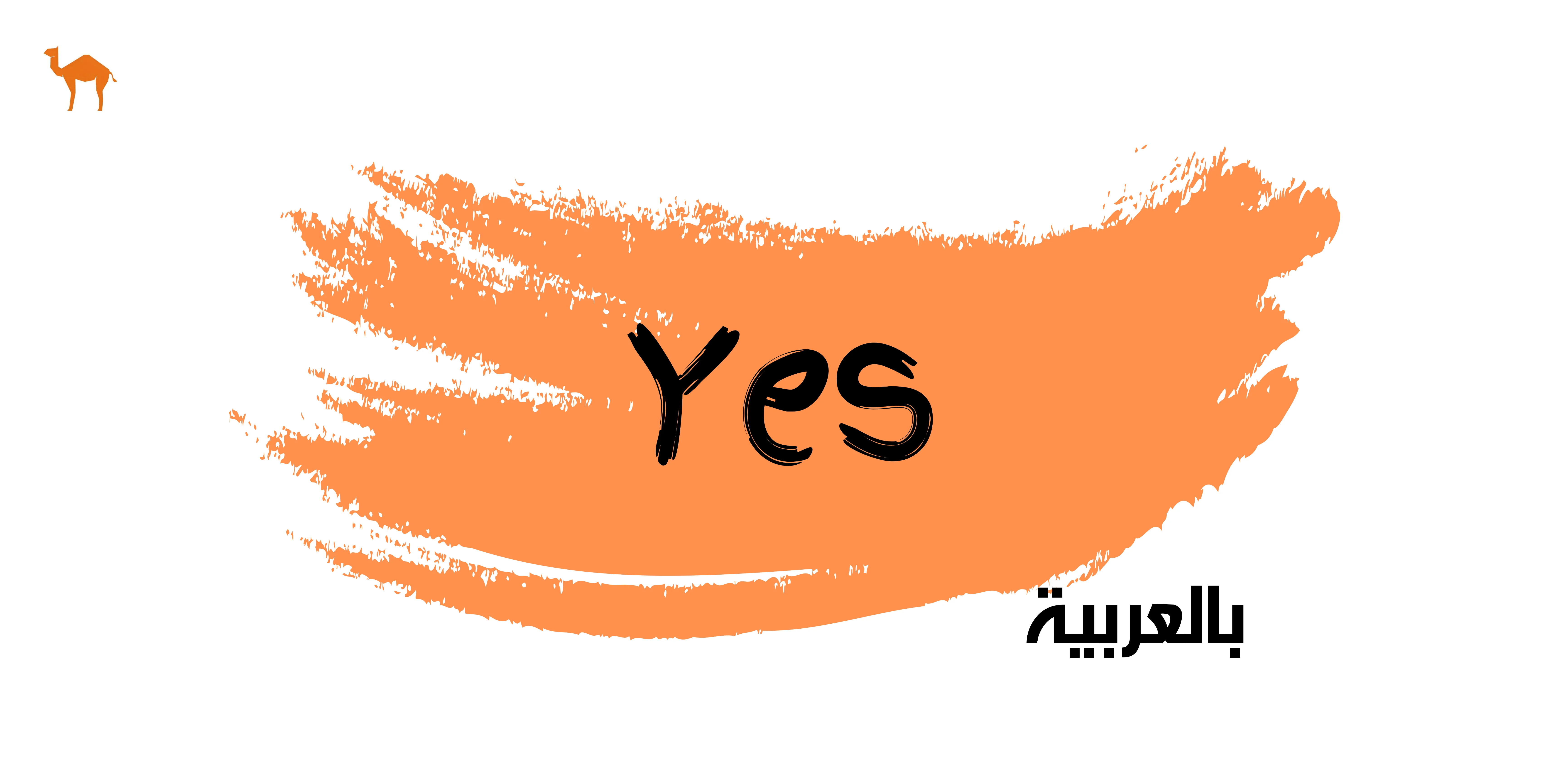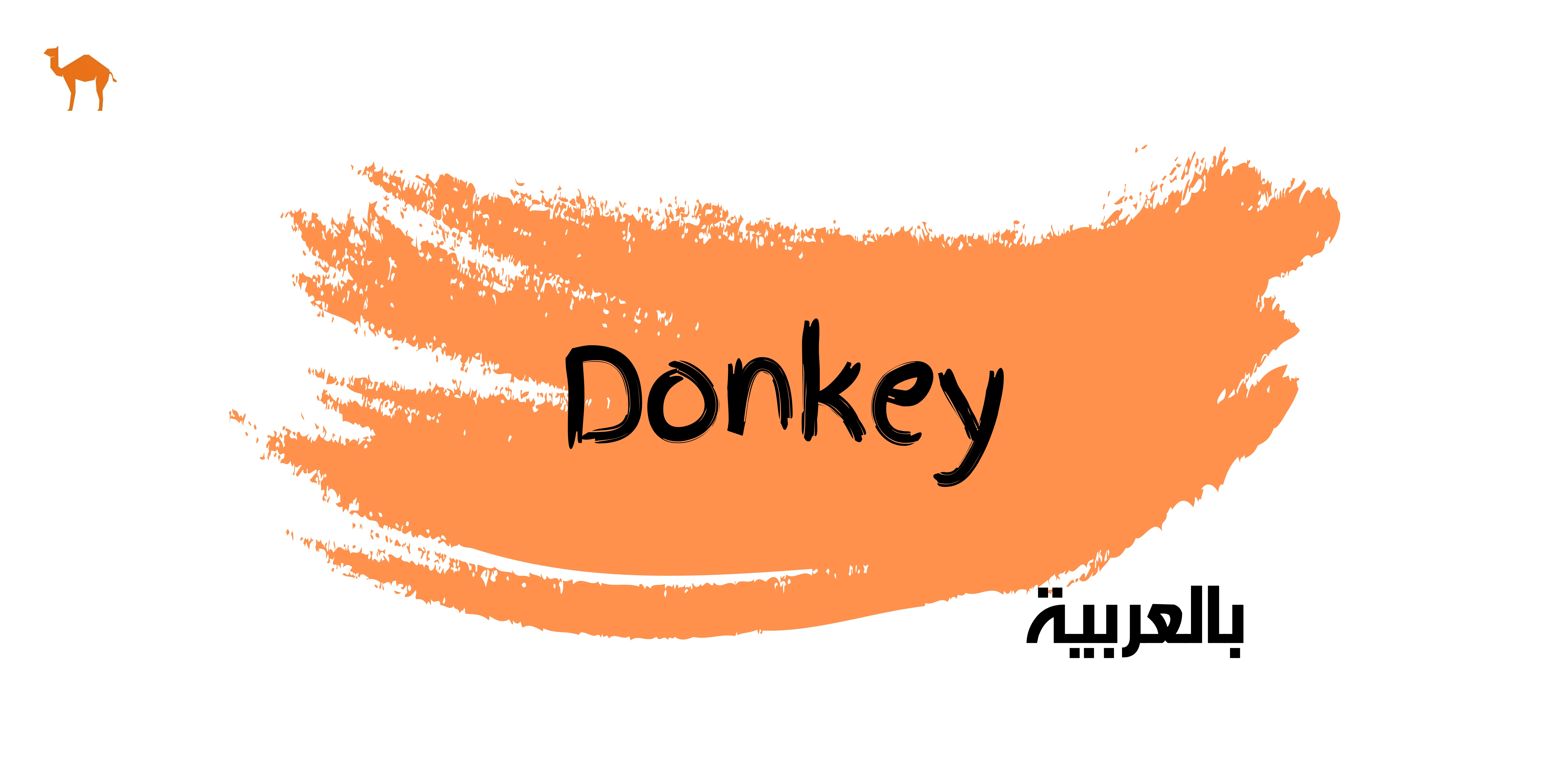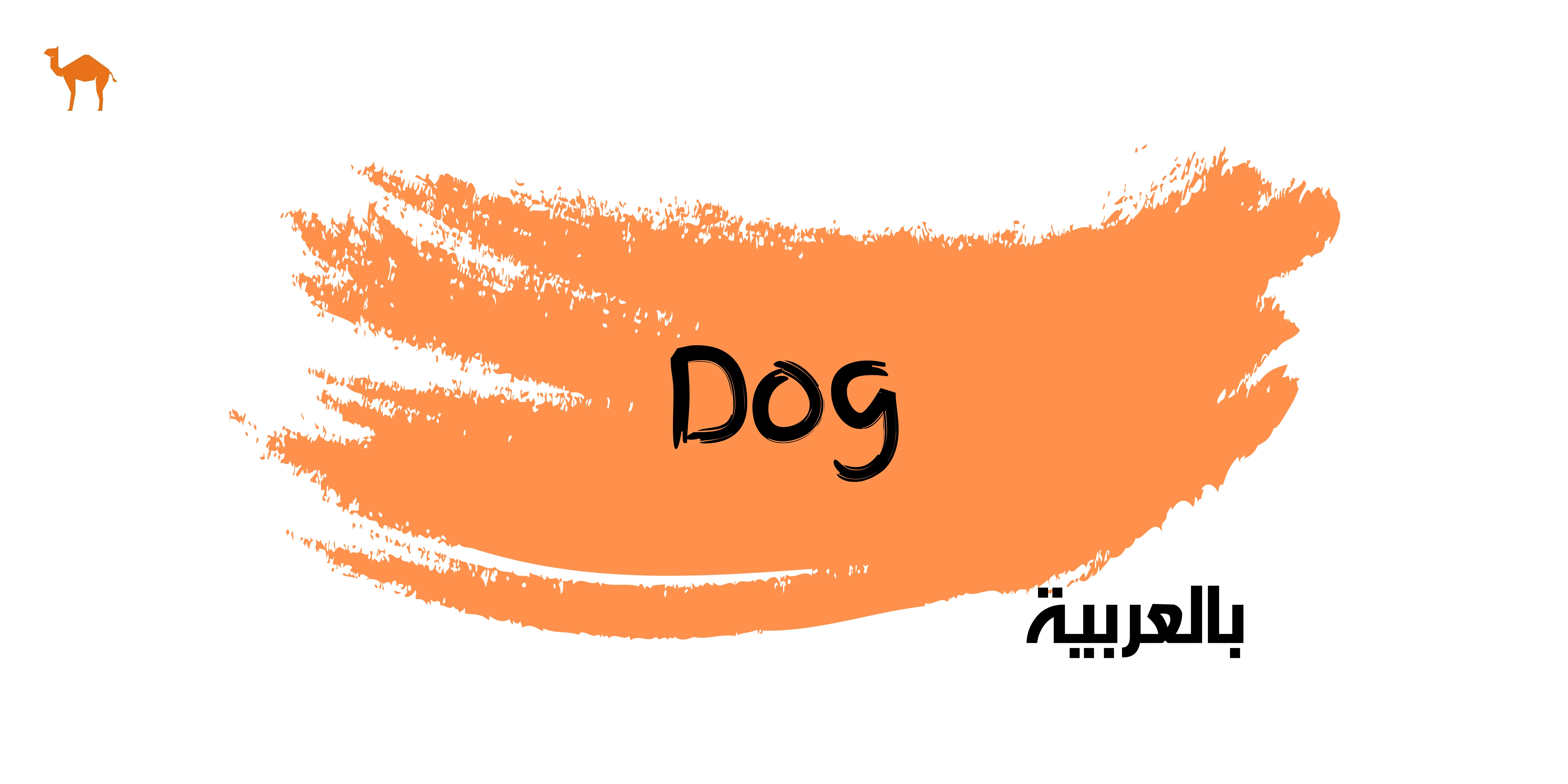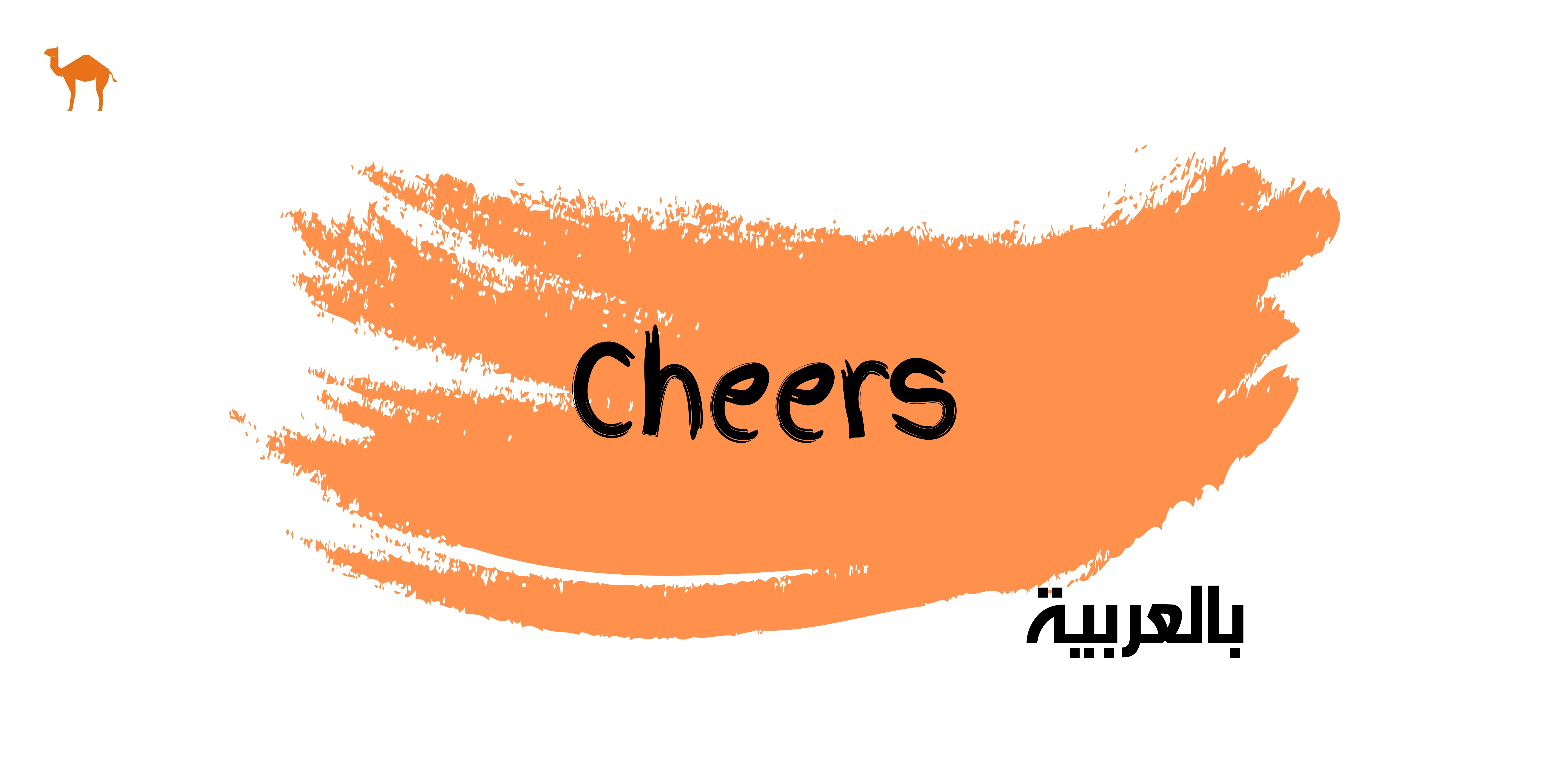How to Say 'Yes' in Arabic

Affirmative expressions in Arabic are essential for everyday communication, allowing speakers to convey agreement, confirmation, or positive responses. Let's explore the richness of affirmative expressions in Arabic and how it manifests across different contexts. In this article, you will learn how to say yes in Arabic.
How to Say Yes in Arabic
Modern Standard Arabic (MSA) offers various affirmative terms for "yes." These synonyms reflect different nuances and levels of formality in MSA, allowing speakers to choose the most appropriate term based on the context. Such as:
- نعم (Na'am)
The standard and most widely used term for "yes."
Example
"هل تريد المساعدة؟" (hal turid al-musa‘ada?) - "Do you need help?"
- ".نعم، أريد المساعدة" (na'am, urid al-musa'ada) - "Yes, I need help." - أجل (Ajal)
Another formal and somewhat archaic term for "yes," often used in literature and formal speech.
Example
"هل تفهم ما أقول؟" (hal tafham ma aqul?) - "Do you understand what I am saying?"
- ".أجل، أفهم" (ajal, afham) - "Yes, I understand." - بلى (Bala)
Used specifically to counter a negative question or statement, effectively meaning "yes, indeed."
Example
"ألم تذهب إلى المدرسة اليوم؟" (alam tadhhab ila al-madrasa al-yawm?) - "Didn't you go to school today?"
- ".بلى، ذهبت" (bala, dhahabt) - "Yes, I did go."
How to Say Yes in Arabic Dialects
Egyptian
Egyptian Arabic, also known as 'Masri' or Egyptian colloquial Arabic, is a spoken dialect of the Arabic language that is primarily used in Egypt. It is distinct from Modern Standard Arabic (MSA), which is the formal written language used in literature, media, and official communication across the Arab world. In Egyptian Arabic, you'll often hear "أيوا" (aywa) often just shortened to "آه" (ah) as an affirmative response.
Example
- "رايح الشغل؟" (rayih esh-shughl?) - "Are you going to work?"
- ".آه، رايح" (ah, rayih) - "Yes, I am going." Or ".أيوا، رايح" (ah, rayiḥ) also means "Yes, I am going."
Gulf (Khaliji)
Gulf Arabic refers to the Arabic dialect spoken in Saudi Arabia, Kuwait, Bahrain, Qatar, the United Arab Emirates, Oman, and parts of Iraq and Iran. It's also known as Khaliji Arabic. In this region, "Ewa" (إيوا), "Eh" (إيه), and "نعم" (na'am) are commonly used.
Example
- "خلصت شغلك؟" (Khalast shughlak) - "Did you finish your work?"
- ".إيوا/إيه، خلصت" (ewa/eh, khalast.) - "Yes, I finished."
Levantine
Levantine Arabic refers to the variety of Arabic dialects spoken in the Levant region, which includes countries such as Syria, Lebanon, Jordan, Palestine, and parts of Iraq. It's one of the major branches of Arabic dialects. In the Levantine dialect, and increasingly across the Gulf and North Africa, two terms are used for affirmation, "إيه" (eh) and "إمبلا" (emmbla) which means "بلى" (Bala).
Examples
- "جاي على العشاء؟" (jay 'ala al-'asha?) - "Are you coming to dinner?"
- ".إيه، جاي" (eh, jay) - "Yes, I am coming." - "مانك جاي العشاء؟" (manak jay 'ala al-'asha?) - "Aren't you coming to dinner?"
- ".إمبلا، جاي" (emmbla) - "Yes, I am coming."
Darija (Maghrebi)
"Darija" refers to the Arabic dialects spoken in the Maghreb region of North Africa, which includes countries such as Morocco, Algeria, Tunisia, Libya, and Mauritania. In the Maghrebi dialect, "إيه" (eh) and "آه" (ah) are commonly used.
Examples
- "كتحب الموسيقى؟" (kat-hib l-musiqa?) - "Do you like music?"
- ".آه، نحبها" (ah, nhbbha) - "Yes, I like it." - "وتيتِ الغديه؟" (warety {for female} el-ghdeeh’?) - "Did you prepare lunch?"
- ".إيه" (eh) - "Yes."
Explore the richness of the Arabic language and culture with eArabic.io's online courses tailored for learners worldwide, whether you're a beginner or an advanced student, our comprehensive curriculum and expert instruction provide an immersive learning experience accessible from anywhere. Dive into the program in Arabic, designed to deepen your understanding and proficiency in this vital language. Book a free Arabic lesson!


